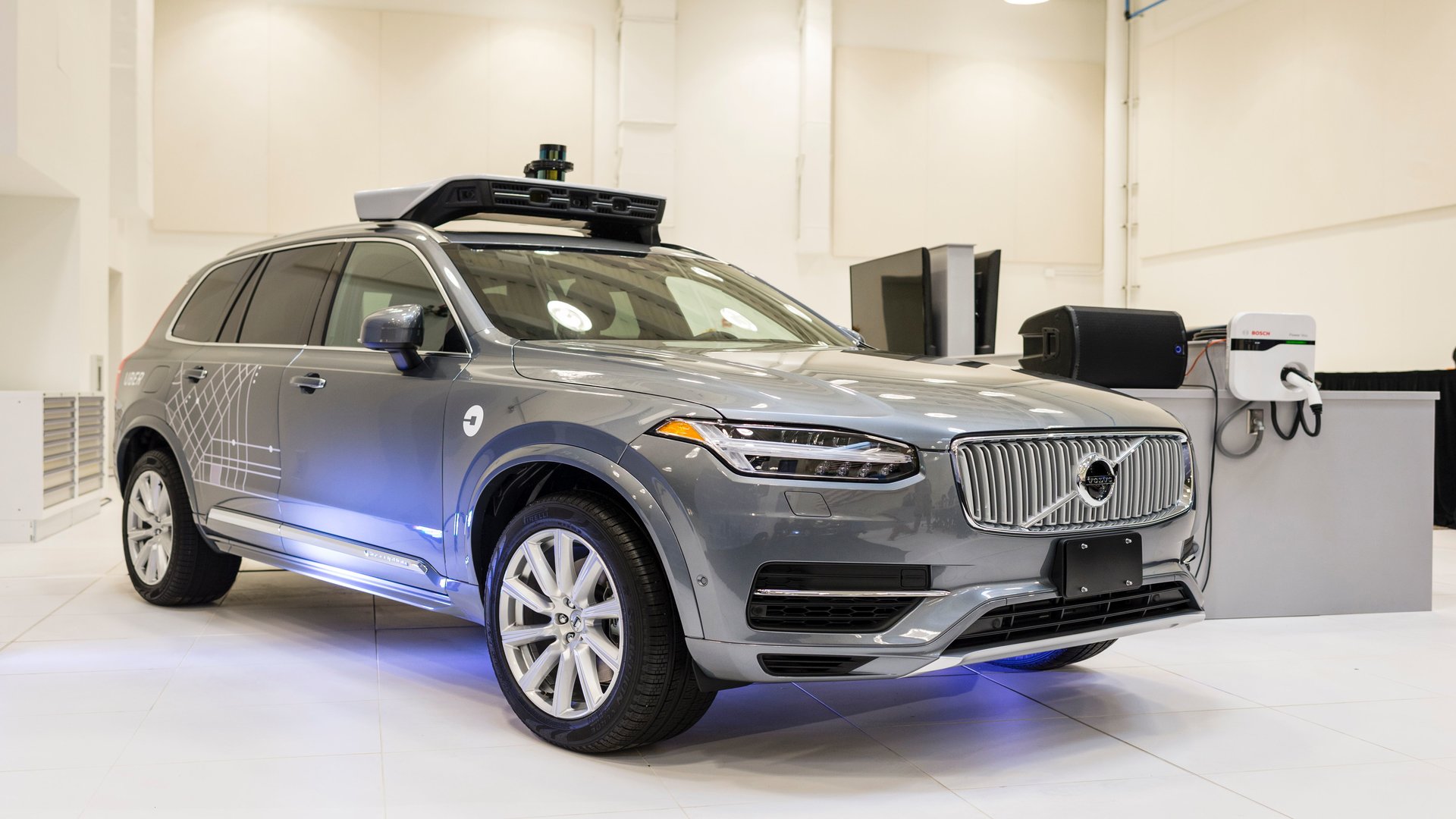

Arizona officials aren’t ready to issue new regulations in the wake of a fatal accident, in which an Uber self-driving car struck a pedestrian, reports Reuters. The state has a reputation for being more lenient than neighboring California when it comes to autonomous-car rules.
“We believe we have enough in our laws right now to regulate automobiles,” Kevin Biesty, director of policy and communications at Arizona’s department of transportation, told Reuters. “There will be issues that the legislature will have to address in the future as these become more widespread.”
Biesty said his agency is waiting for the National Transportation Safety Board and National Highway Traffic Safety Administration to conclude investigations before drawing any conclusions. He said Arizona’s self-driving car oversight committee has not planned any meetings or actions.
Full details on the accident are still forthcoming. On Sunday night an Uber Volvo XC90 struck pedestrian Elaine Herzberg while she was pushing a bicycle across a street in Tempe, Arizona. Local police said the car was operating in autonomous mode at the time, and had a human backup driver onboard. Neither the human driver nor the car made any apparent attempt to slow down, police have said. While the Tempe Police chief said in an interview that Uber may not be at fault, an official statement from the police department affirmed that “fault has not been determined in this case.”
A complete understanding of what happened is necessary for crafting any new rules, so there is admittedly little for Arizona officials to do until a full investigation is completed. But the state has a history of going easy on companies testing self-driving cars.
In 2015, Governor Doug Ducey signed an executive order streamlining the process for companies to bring self-driving cars to Arizona. More than 600 autonomous cars now ply Arizona’s roads, according to the governor’s office. In 2016, Ducey invited Uber to bring its self-driving cars to the state after the company got into a spat with the California Department of Motor Vehicles. Arizona was also the first state to allow self-driving cars without human backup drivers, although California is moving to allow that as well.
An open attitude toward self-driving cars allowed Arizona to steal some of Silicon Valley’s thunder, allowing the state to craft an image as a tech leader and potentially bringing some economic benefit. The question is whether encouraging development of new technology has degraded into lack of oversight. It’s still unclear whether stricter regulations could have prevented the fatal accident in Tempe, but officials will have to be ready to reign in self-driving car companies if investigations result in recommendations for new rules.
In the meantime, companies are taking the lead in responding to the fatal accident. Uber suspended its autonomous-car testing program after the accident, which the company said was standard procedure in such situations. Toyota and startup NuTonomy suspended U.S. autonomous-car testing as well, although other companies, including Ford and General Motors, appear unaffected.